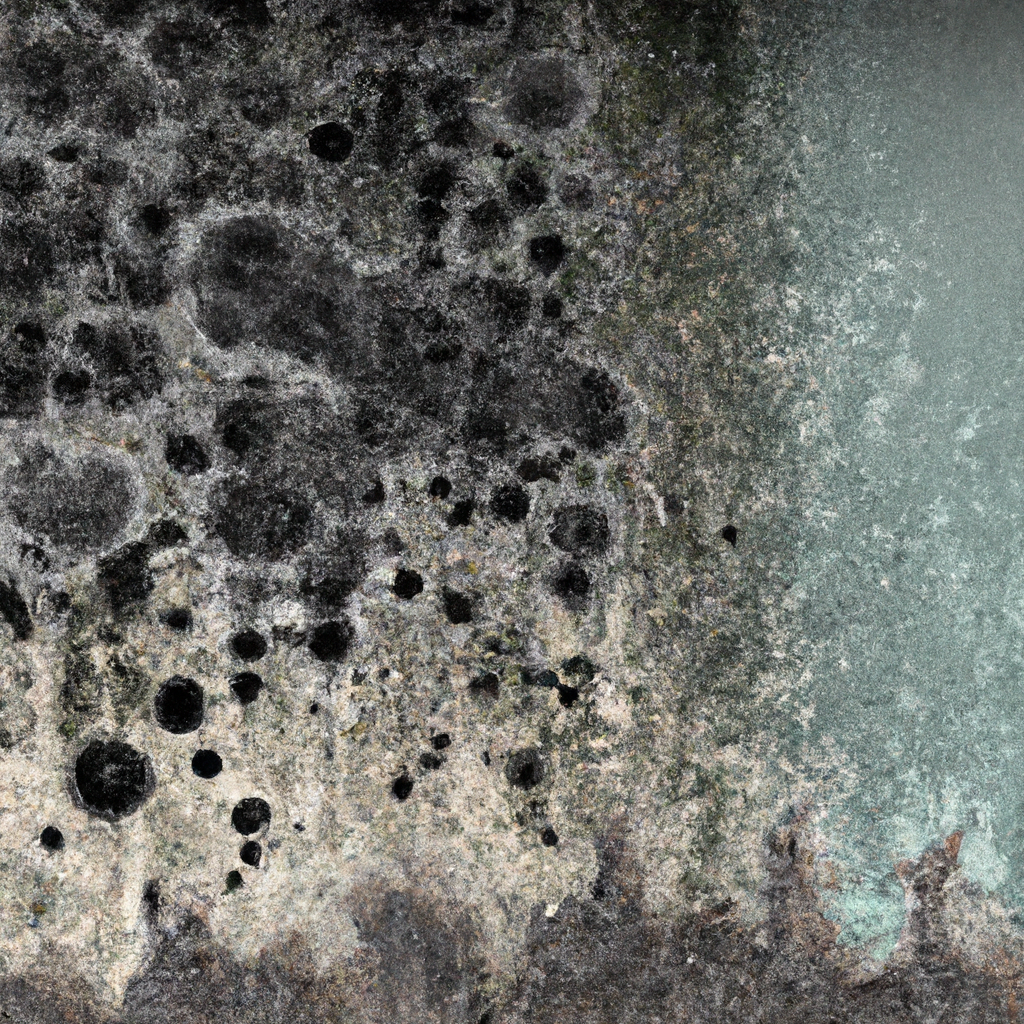Black Mold Exposure: Symptoms, Risks & Treatment
Black mold, also known as Stachybotrys chartarum, is a type of mold that can grow in damp and humid environments. Exposure to black mold can have serious health effects on individuals, ranging from mild allergic reactions to severe respiratory issues. In this article, we will explore the symptoms, risks, and treatment options for black mold exposure.
Symptoms of Black Mold Exposure
The symptoms of black mold exposure can vary depending on the individual’s sensitivity to mold spores and the duration of exposure. Some common symptoms include:
- Respiratory issues such as coughing, wheezing, and shortness of breath
- Allergic reactions like sneezing, runny nose, and itchy eyes
- Skin irritation, including rashes and hives
- Fatigue and headaches
If you experience any of these symptoms and suspect black mold exposure, it is essential to seek medical attention to determine the cause and appropriate treatment.
Risks of Black Mold Exposure
Exposure to black mold can pose significant risks to both your health and your home. Some potential risks of black mold exposure include:
- Aggravation of respiratory conditions such as asthma and bronchitis
- Development of respiratory infections due to compromised immune system
- Neurological symptoms like memory loss, confusion, and mood swings
- Structural damage to your home from mold growth
It is crucial to address black mold exposure promptly to prevent further health issues and damage to your property.
Treatment for Black Mold Exposure
When dealing with black mold exposure, it is essential to take the following steps to ensure your health and safety:
- Identify and remove the source of mold growth to prevent further exposure
- Clean and disinfect the affected areas using appropriate cleaning solutions
- Use personal protective equipment such as gloves and masks when handling mold
- Seek professional help for severe cases of black mold exposure
Additionally, it is crucial to improve ventilation and reduce humidity levels in your home to prevent future mold growth.
Conclusion
Black mold exposure can have serious health consequences if left untreated. By being aware of the symptoms, risks, and treatment options for black mold exposure, you can take proactive steps to protect yourself and your loved ones. Remember to seek medical advice if you suspect black mold exposure and take necessary precautions to prevent future exposure.
